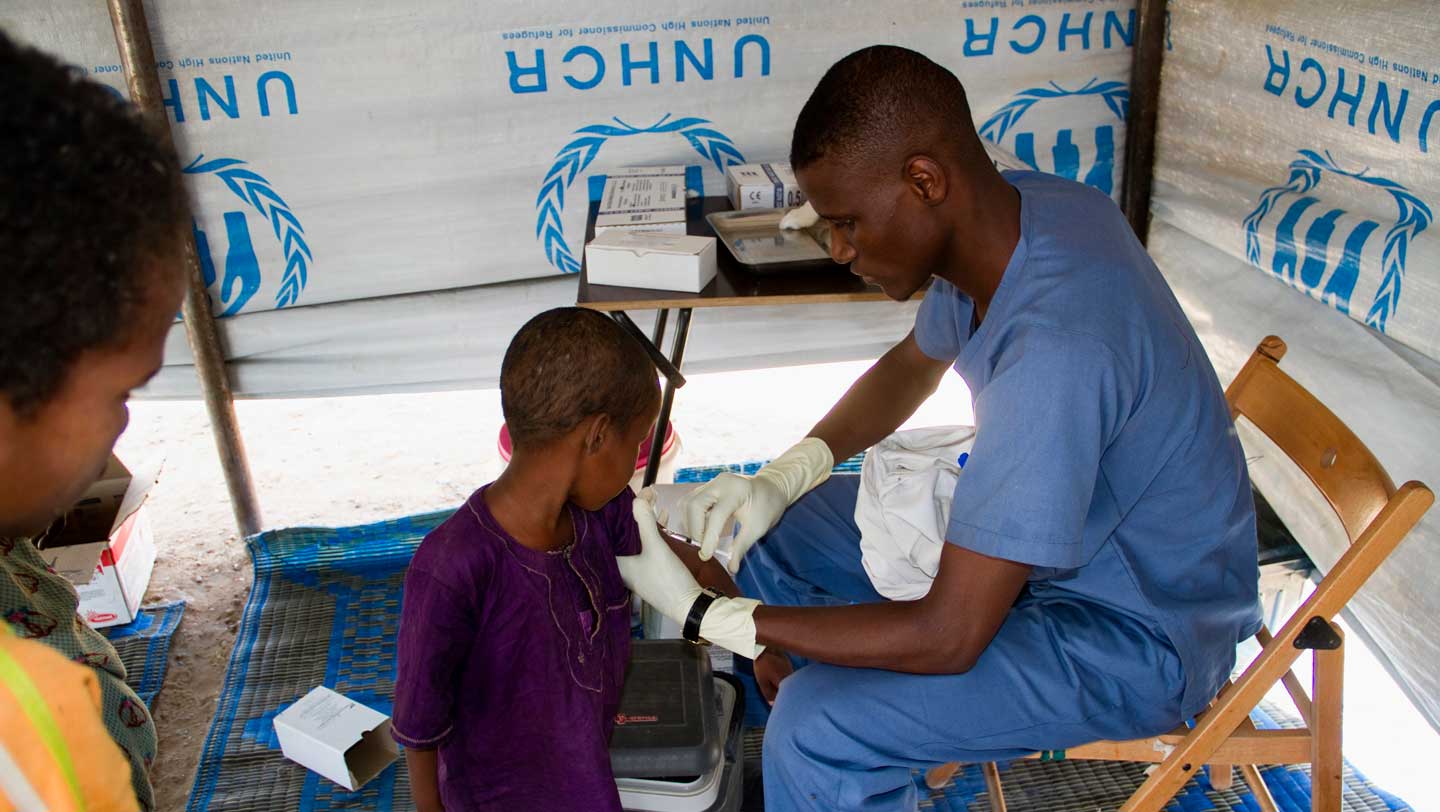The health of refugees and migrants around the world continues to be put into danger by a lack of focused attention and supportive socioeconomic policies, indicates the World Health Organization’s (WHO) first World report on the health of refugees and migrants.
One billion people in the world, or 1 in every 8 people, are migrants. Among the people who migrated during the first half of 2021, more than half came from only five countries: the Central African Republic (71,800 people), South Sudan (61,700), the Syrian Arab Republic (38,800), Afghanistan (25,200) and Nigeria (20,300).
Refugees and migrants are likely to experience significantly worse health outcomes than the host population: not so much because of their preceding health status, as much as the bad living and working conditions that await them at destination. The WHO report brings additional confirmation of something that has been problematic for a long time – refugees and migrants are over-exposed to the effects of punitive and austerity-driven policies that many countries have been focusing on.
The health & well-being of refugees & migrants is impacted by factors incl.:
🏘️ housing
👨🏭 working conditions
🔄 migratory status
🪙 income
⚕️ access to services
🏫 education📌 https://t.co/Yt1AKbgYF0 pic.twitter.com/tTZtfmyA8t
— World Health Organization (WHO) (@WHO) July 20, 2022
Migration trends around the world continue to grow driven by climate change, war, and other factors. The report states that anthropogenic climate change is now felt in about 80% of the world’s land area, host to 85% of the world’s population. Barring radical change, another 200 million people are expected to move by 2050 due to climate events alone.
The trends are not limited to international movement. According to the WHO, 76% of the 40.5 million people internally displaced in 2020 were pushed to move by disasters that were directly or indirectly attributable to climate change. The remaining 24% of the internally displaced population in 2020 was forced to migrate due to violence and conflicts.
Climate change leads to displacement in different ways, either by causing hazards that cause injuries or death, or by altering factors like epidemiological patterns of vector-borne diseases, diminishing the availability of food and water, or increasing air pollution. “In some places, it [climate change] may contribute to risks of conflict and violence by intensifying disputes over scarce resources, reducing economic opportunities, and straining public institutions and infrastructure,” adds the report.
In this context, the report suggests, governments should make it their priority to expand mechanisms of social support. Broadening access to health care, as well as education, good jobs, quality housing and other social rights will not only improve the health status of refugees and migrants, but of the overall population as well, bringing us closer to a fairer and more equitable society.
Read more articles from the latest edition of the People’s Health Dispatch and subscribe to the newsletter here.





